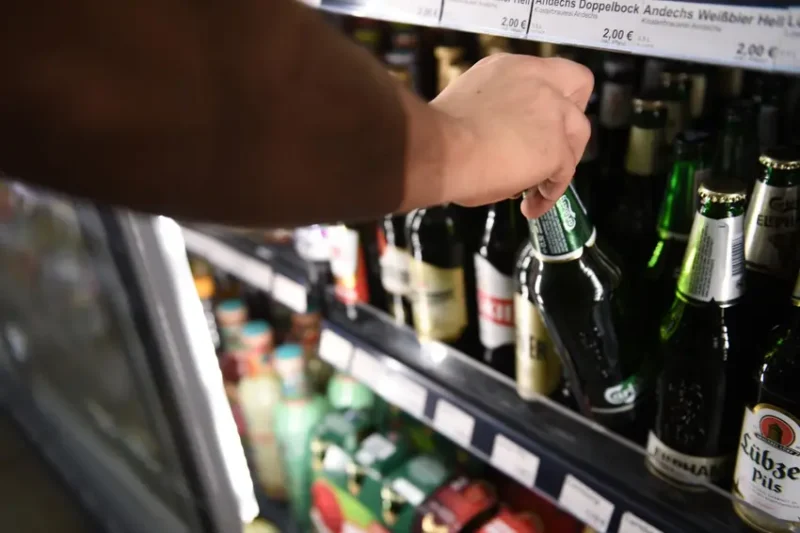Germany has the highest alcohol availability among EU countries, according to the German Center for Addiction Issues (DHS).
Experts argue that increasing alcohol prices through higher excise taxes could help address the problem. However, Germany has not raised its beer excise tax since 1993, and wine remains entirely exempt from excise duties.
“Orange juice keeps getting more expensive, while the price of a bottle of vodka remains stable,” said DHS head Christina Rummel, expressing frustration. She emphasized that the health of millions should take precedence over the financial interests of the alcohol industry.
Addiction researcher Jakob Mantei noted that in the past two decades, the price of alcoholic beverages has risen much more slowly than that of food items. He estimated that a 5% price hike through higher excise taxes could generate an additional €1.4 billion for the state and reduce per capita alcohol consumption by 2.2%.
DHS data shows that alcohol consumption causes about 47,500 deaths each year in Germany. In comparison, smoking accounts for roughly 99,000 deaths annually. Overall, around eight million people in Germany are affected by some form of addiction.




